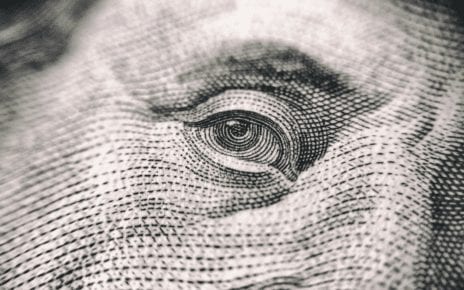This article was sourced from Lexology. Article by Corrs Chambers Westgarth.
This week’s TGIF considers Fordyce v Ryan & Anor; Fordyce v Quinn & Anor [2016] QSC 307, where the Court considered whether a beneficiary’s interest in a discretionary trust amounted to ‘property’ for the purposes of the Bankruptcy Act 1966 (Cth).
BACKGROUND
The case centred around the Fairdinks Discretionary Trust – which held two thirds of the units of the 99 George Street Unit Trust and all the units of the Shore Street Unit Trust. The Bankrupt was the sole director and shareholder of the trustee company of the Fairdinks Discretionary trust and the trustee companies of the unit trusts.
Prior to his bankruptcy, the Bankrupt had caused the trustee company of the Fairdinks Discretionary Trust to distribute the income of the trust to him alone in his capacity as a beneficiary of the trust.
The trustee in bankruptcy (the Applicant) sought to recover the Bankrupt’s interest in the trusts by applying to the Court to appoint receivers to have the trusts wound up.
THE APPLICANT’S SUBMISSIONS
The Applicant submitted that the Bankrupt’s interest as a beneficiary of the Fairdinks Discretionary Trust amounted to “property” vested in the Applicant for the purposes of the Bankruptcy Act 1966 (Cth) (Bankruptcy Act).
The Applicant relied on the decision of the Federal Court in Australian Securities and Investments Commission v Carey (No 6) (2006) 153 FCR 509 (Richstar) to argue that the Bankrupt’s interest amounted to property because he essentially controlled the trustee of the Fairdinks Discretionary Trust.
THE COURT’S DECISION
Does a bankrupt’s interest in a discretionary trust amount to property vested in the trustee in bankruptcy?
Justice Jackson considered the wording of the Fairdinks Discretionary Trust Deed and found it was a purely discretionary trust.
His Honour then considered s 5 of the Bankruptcy Act, which provides a broad definition of “property” (including “any estate, interest or profit, present or future, vested or contingent, arising out of or incident to any such real or personal property”), and s 58, which provides that property of a bankrupt, other than after-acquired property, vests in the trustee in bankruptcy of the bankrupt.
His Honour noted that under usual analysis, a beneficiary of a purely discretionary trust does not have a property interest in the trust.
Therefore, the Bankrupt’s interest as a beneficiary under the Fairdinks Discretionary Trust would not be property vested in the Applicant.
What is the effect of a beneficiary’s control of a discretionary trust?
The Applicant argued that an exception to the usual analysis is where the beneficiary effectively controls the discretionary trust.
In Richstar, Justice French compared the interests of a beneficiary of a discretionary trust who is at arm’s length from the trustee, with those of a beneficiary who is “in truth the alter ego of the trustee”. Where the former only has an “expectancy or mere possibility of a distribution”, the latter has, “at the very least a contingent interest” as “it is as good as certain that the beneficiary will receive the benefits of distribution” from the trust.
However, Justice Jackson noted that “to the extent that Richstar might be thought to support a principle, it has not been followed or applied subsequently and it has been criticised academically”.
Justice Jackson instead followed the Federal Court decision of Dwyer v Ross (1992) 34 FCR 463, which held that a bankrupt’s interest under a discretionary trust was not an interest in any assets of the trust and was not property that passed to a trustee in bankruptcy.
Justice Jackson could not accept that the de facto control of the trustee altered the character of the interests of the beneficiary such that it became property of the Bankrupt for the purposes of the Bankruptcy Act.
The Applicant also argued that, in effect, the trust was a sham arrangement.
That argument was rejected by Justice Jackson. His Honour found that the nature of the trust did not change, simply because he had caused the trustee to make distributions to himself alone.
CONCLUSION
Justice Jackson concluded that:
- the Bankrupt’s interest as beneficiary under the Fairdinks Discretionary Trust did not vest in the Applicant as property of the Bankrupt within the meaning of ss 5 or 58 of the Bankruptcy Act; and
- if the trustee of the Fairdinks Discretionary Trust made a distribution to the Bankrupt, it would form part of the Bankrupt’s estate.
His Honour found that the Applicant’s applications should be dismissed.
This decision supports a conclusion that the assets of a trust, even where effectively controlled by a beneficiary, do not form part of the beneficiary’s estate in bankruptcy.
For specialist advice regarding your specific circumstances, please contact the BCR team.
Tell us what you thought of this article by commenting below or connecting with us on LinkedIn or Twitter.




